Cesar (1936)
“Sure, they had devoted fathers — but I don’t think any could compare to mine.”
|
Synopsis: |
|
Genres, Themes, Actors, and Directors:
Response to Peary’s Review: He notes that “highlights include Cesar’s discourse on Death and God, all scenes in which one character reveals love for another (which happens throughout the trilogy), and when Panisse’s friends gather around his deathbed.” He concludes his review by writing that this “fine example of Pagnol’s ‘human’ cinema” can “be enjoyed without having seen Marius or Fanny” — though I actually find it to be the least satisfying of the three, primarily given the dull character played by Fouche: … and the silly miscommunication that ensues when he sets off to find Fresnay. Even the humor among the elderly townsfolk feels less fresh this time around, especially with Charpin gone: However, fans of the series will of course find this film indispensable, simply in order to learn what happens to the characters. Notable Performances, Qualities, and Moments: Must See? Links: |
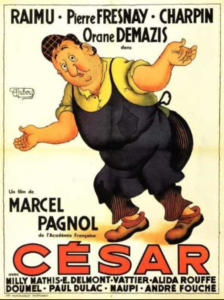
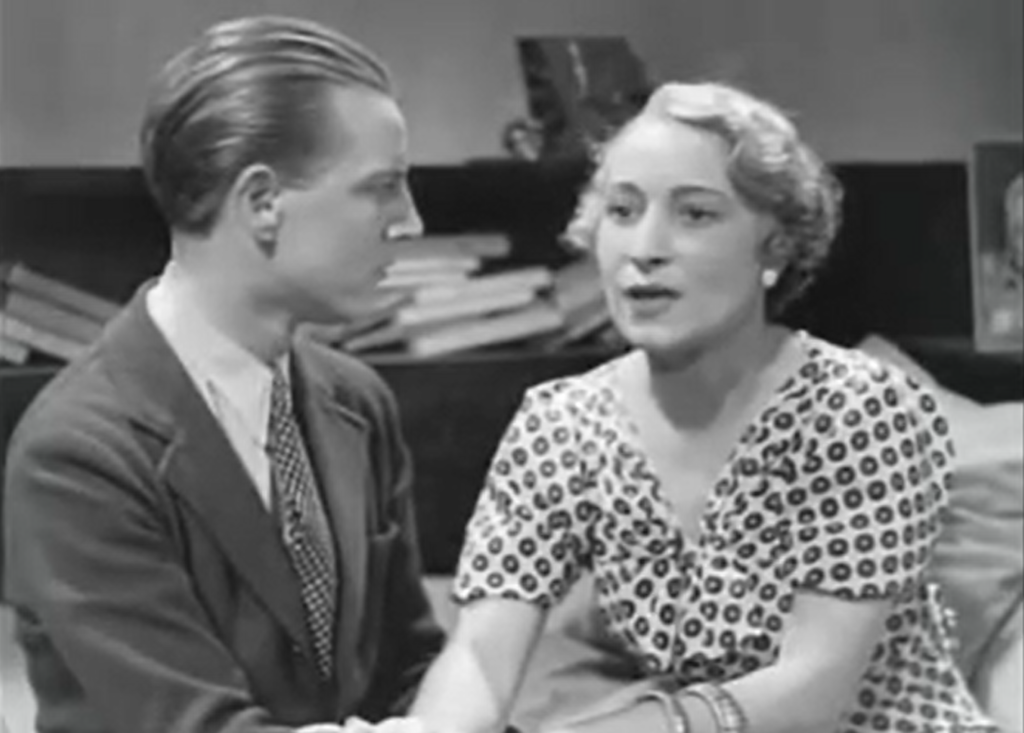
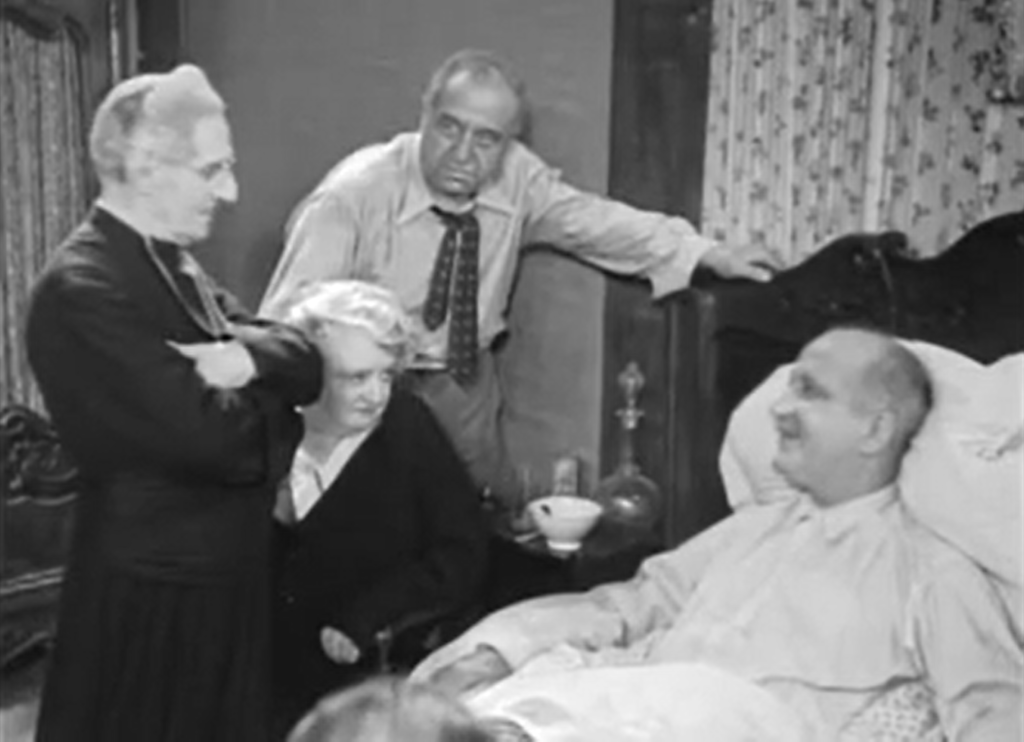
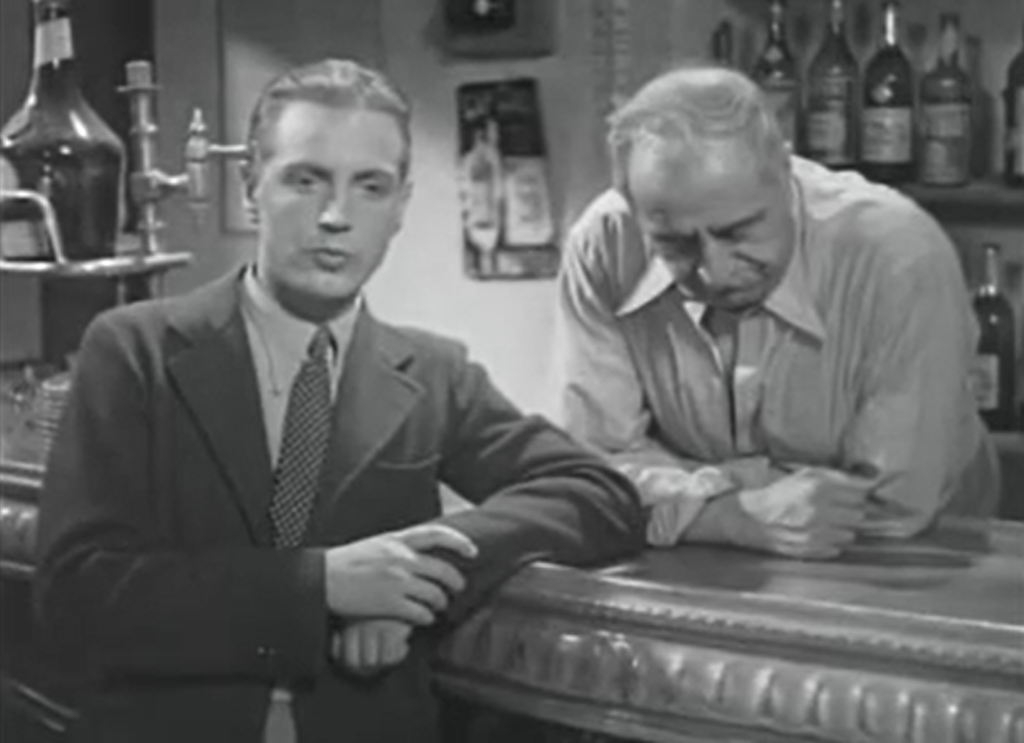
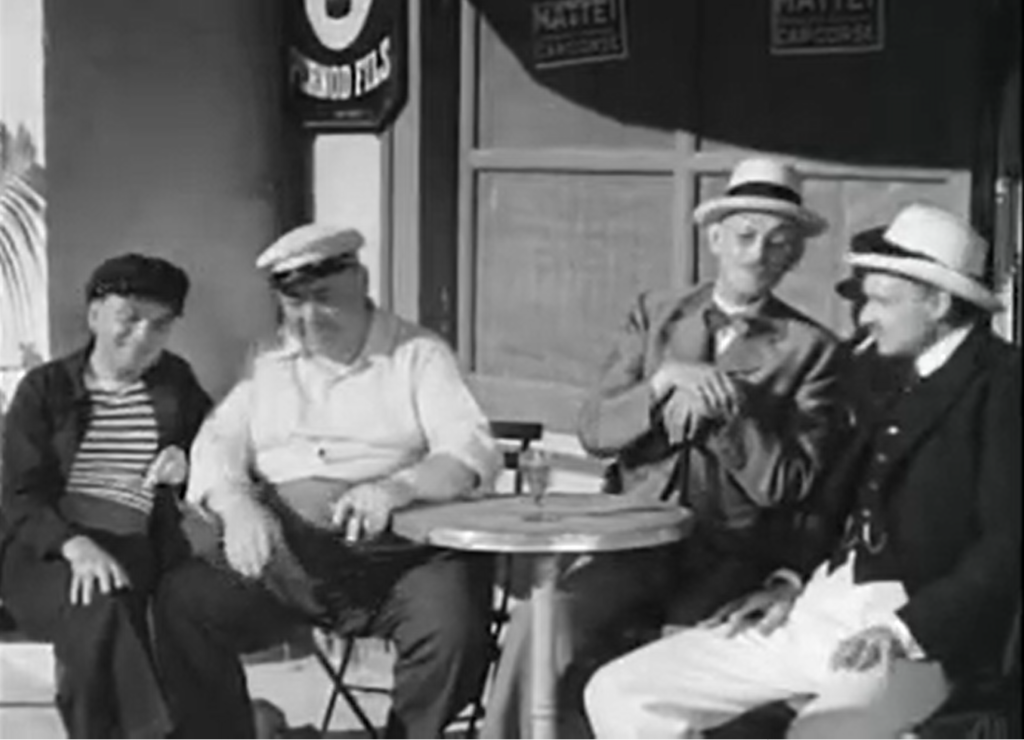
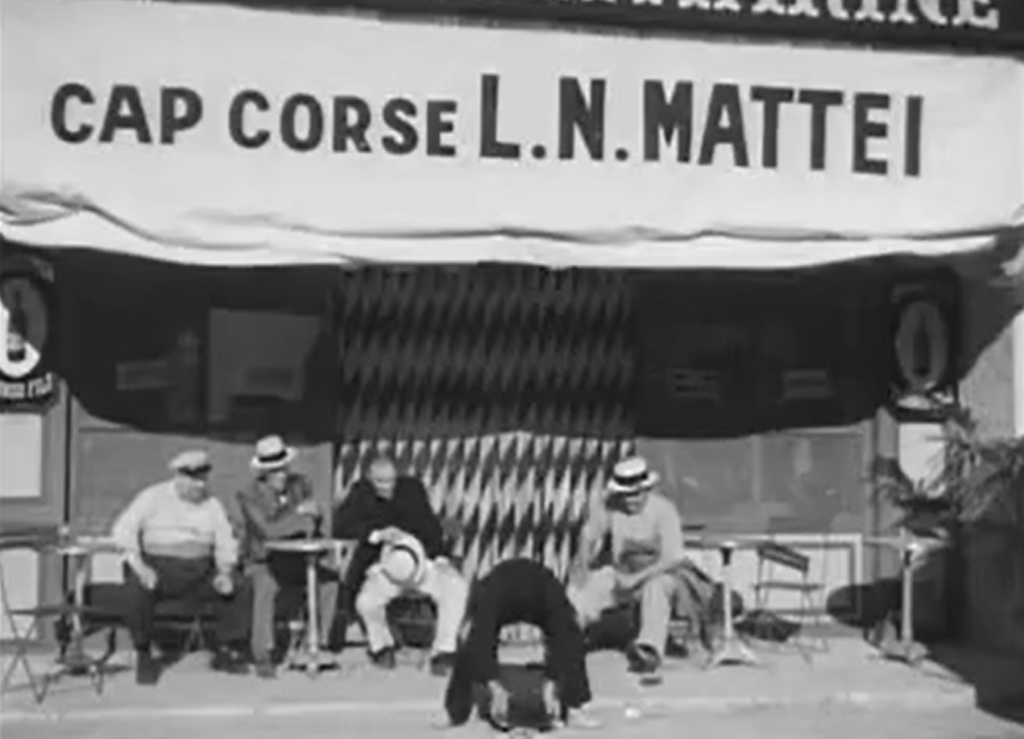
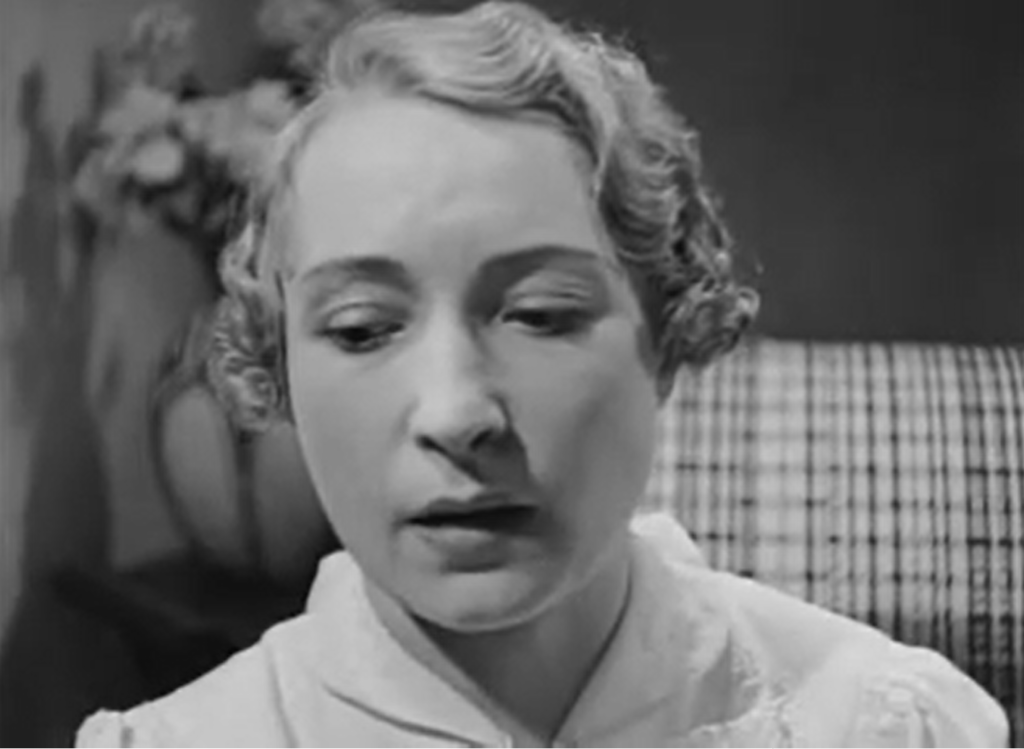
One thought on “Cesar (1936)”
First viewing. Not must-see.
Of the three parts of this trilogy, I probably ‘enjoyed’ the middle section (‘Fanny’) most – but that’s still not a recommendation. As for this finale… I find it to be just as rambling as Part One.
In some ways, I even find it to be totally unnecessary – but the writer somehow felt the need to d-r-a-g things out so that all could ultimately end well. In doing so, however, the audience is subjected to quite a bit of material that’s repetitive; we hear info that we’re already well aware of. That may prove beneficial for a character like the son Cesariot – but it’s tedious for the rest of us.